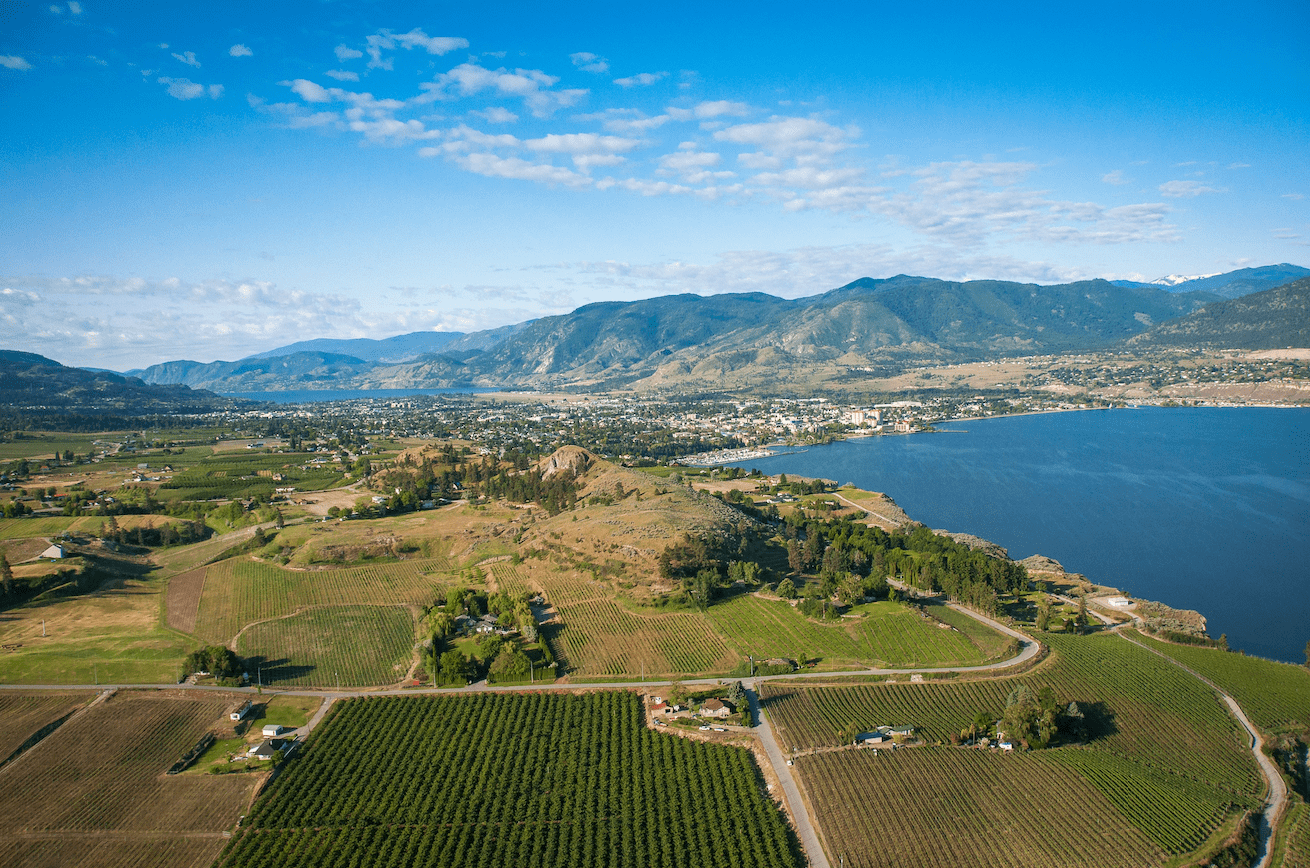
INCA Renewtech’s line of BioPlastics make it possible to replace glass fiber with natural hemp fiber as a polymer reinforcement. This reduces the weight and increases the strength of final products, and makes them far more easy to recycle.
KELOWNA – In a win for Alberta’s cleantech sector and rural job creation, Kelowna’s INCA Renewable Technologies recently announced plans to build a state-of-the art 200,000-square-foot fibre processing and composites manufacturing facility in Vegreville, Alberta.
Their chosen location is adjacent to InnoTech Alberta, the Government of Alberta’s premier research facility for hemp composites, genomics and agronomics. The INCA factory is expected to be operational in early 2024 and create 70 jobs, scaling to about 100 jobs by 2026.
“When ramped to capacity, INCA’s operation will purchase 54,000 tonnes of biomass per year generated from farmers growing hemp for plant-based protein. We will process this renewable resource into highly refined fibre. The short fibre will be transformed into INCA BioBalsa, a direct substitute for the balsa wood used as an essential core material in the construction of boats and wind turbine blades. The long fibre will be sent via rail to our second factory in Bristol, Indiana where we will manufacture BioPanels for the RV industry and BioPlastics for the automotive industry. Winnebago and Toyota are commercialization partners for these products,” said David Saltman, Chairman and CEO of INCA.
The demand for balsa wood, particularly for wind turbine blades, has led to deforestation in Ecuador where it is a native species. Plantations now account for 60 per cent of supply but quality is falling, prices are rising, and manufacturers are seeking viable alternatives. INCA’s BioBalsa can achieve superior performance due to its compressive strength, sustainability and moisture and fire resistance.
An independent lifecycle report conducted by GreenStep Solutions, which has helped more than 3,000 organizations better understand the environmental impact of their operations, demonstrated that INCA’s hemp-based BioBalsa is far more sustainable than balsa wood. One cubic meter of BioBalsa sequesters 260 kg of CO2. During the manufacturing process, BioBalsa generates 107 per cent less greenhouse gas emissions than cutting and milling balsa wood, reduces waste generation by 93 per cent and water consumption by 93 per cent.
“We have helped over 3000 businesses and corporations measure and reduce their environmental impacts through independent energy, waste, carbon, and lifecycle analysis. The lifecycle report we conducted for INCA Renewtech took into account the environmental impacts of extraction, production, resource use, and end-of-life disposal. Our report concluded that all of the INCA products assessed, dramatically reduced carbon emissions and environmental impacts, when compared to competitive products made of petroleum, wood, or fiberglass,” states Angela Nagy, President & CEO of GreenStep Solutions Inc.
INCA’s choice to locate in Alberta shines a spotlight on the province’s growing cleantech and agri-tech sectors, joining the growing list of green energy-related announcements in Alberta from PACE, Cvictus, Air Products and more. INCA chose Alberta in part thanks to the provincial government’s investments over the past 20 years to develop a thriving hemp supercluster and research capability. Alberta is now a global leader in the production of sustainably grown hemp and responsible for 40 per cent of Canada’s hemp production. INCA’s purchase of waste hemp fibre from local farmers will make hemp a dual use cultivar and one of the most valuable cash crops in the Prairies.
“INCA’s announcement is an example of a unique, high-impact investment that combines agri-tech, cleantech and innovation. Alberta’s welcoming business climate and hemp supercluster continue to position the province as a destination of choice for new and exciting investment opportunities as this industry continues to take root across Alberta,” said Rick Christiaanse, CEO of Invest Alberta.

